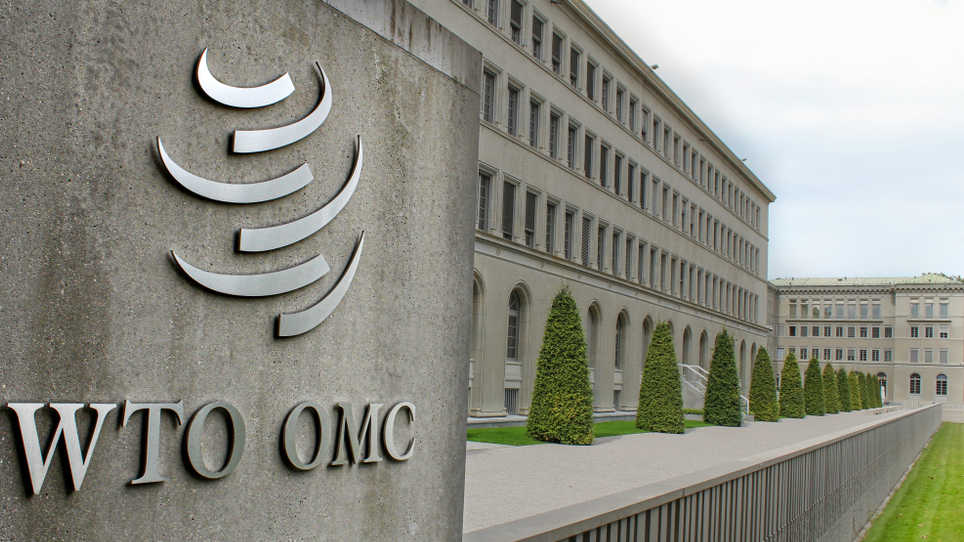India and South Africa recently appealed to the World Trade Organization to exempt medical products pertaining to Covid-19 vaccines that are being developed from intellectual property rights requirements. The first vaccine is expected to be available in the market within the next few months. According to the Trade-Related Aspects of Intellectual Property Rights agreement, the owner of a patent for a pharmaceutical product will be granted an exclusive marketing right to sell it for 20 years. No other producer can produce and sell the product without permission from the owner of the IPR during this period. In the event of a patented medicinal drug being considered an essential item to prevent largescale incidence of a medical condition for which the drug has therapeutic value or is an accepted prophylactic, such as a vaccine, exceptions could be made to the IPR restrictions. In such an eventuality, only a government may use it for non-commercial purposes. Even in such a case, the government must make efforts to negotiate with the patent owner to obtain a licence for use at a consideration that represents a fair economic value.
There is a race among nations to obtain an effective and adequately tested vaccine for Covid-19. It appears to be a free-for-all in a $597 billion industry. On top of it, there are political pressures, such as Donald Trump prodding pharmaceutical companies to get a vaccine ready by the day of the presidential elections in the United States of America. Even the Food and Drug Administration is under pressure to relax the review process before declaring a drug ready for commercial use. The demand for a vaccine is going to be massive, and developed countries with economic clout may have the edge over emerging economies to gain access to adequate quantities for their own populations. In the midst of a likely scramble for the vaccine when it arrives, India has two disadvantages: the nation requires a very large quantity, and it must be available at an affordable price. Hence, in this context, it makes strategic sense for India to begin to put pressure on the WTO to exempt the vaccine from the IPR clause. If successful, this will give India the opportunity to manufacture the vaccine as a generic product at an affordable price. If not, at least it might gain a bargaining advantage over the producer, especially if India can get together other developing nations to join the pressure group.










